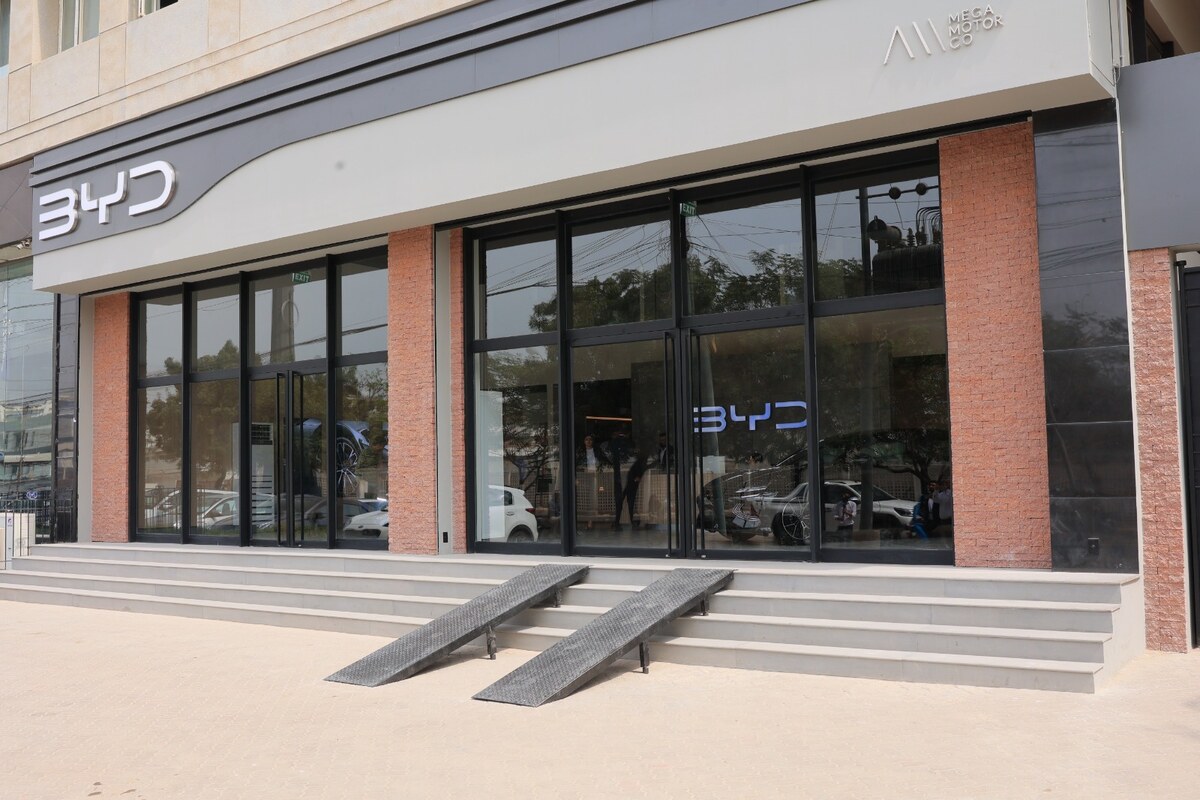ISLAMABAD: A Russian delegation arrived in Pakistan today, Friday, for a day-long visit to discuss economic cooperation, the Russian embassy in Islamabad said.
The visit comes days after state media reported Russian Ambassador to Pakistan Albert P. Khorev had announced cooperation with Islamabad this year in the energy and industrial sectors, including the modernization of a state-owned steel mill.
Pakistan and Russia, once Cold War rivals, have strengthened ties in recent years through increased dialogue and trade. In 2023, Islamabad began purchasing discounted Russian crude oil banned from European markets due to Russia’s war in Ukraine and also received its first shipment of liquefied petroleum gas from Moscow.
“It is a trade delegation that came to discuss economic cooperation between Russia and Pakistan,” Russian Embassy Public Relations Officer Igor Kolesenkove told Arab News. “More details will be revealed later.”
He did not respond to questions on whether Pakistan Steel Mills would be on the talks’ agenda.
A team of technical experts from Russia visited Pakistan in January to assess Pakistan Steel Mills, one of several state-owned firms Islamabad aims to privatize to revive loss-making entities and deliver reforms under a $7 billion International Monetary Fund bailout.
During a meeting earlier this month between Ambassador Khorev and Interior Minister Mohsin Naqvi, both countries agreed to activate a bilateral anti-terrorism dialogue and discussed enhancing cooperation in counter-terrorism and anti-narcotics efforts, with Pakistani officers invited to participate in anti-narcotics training programs in Moscow and Siberia.
Last year, Russian Deputy Prime Minister Alexei Overchuk visited Pakistan to discuss trade, energy, connectivity, and defense ties.




















